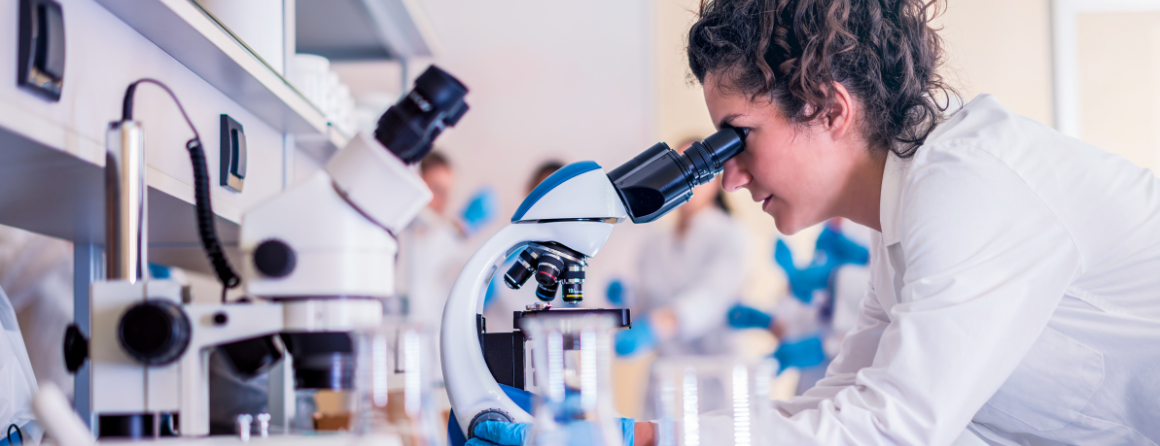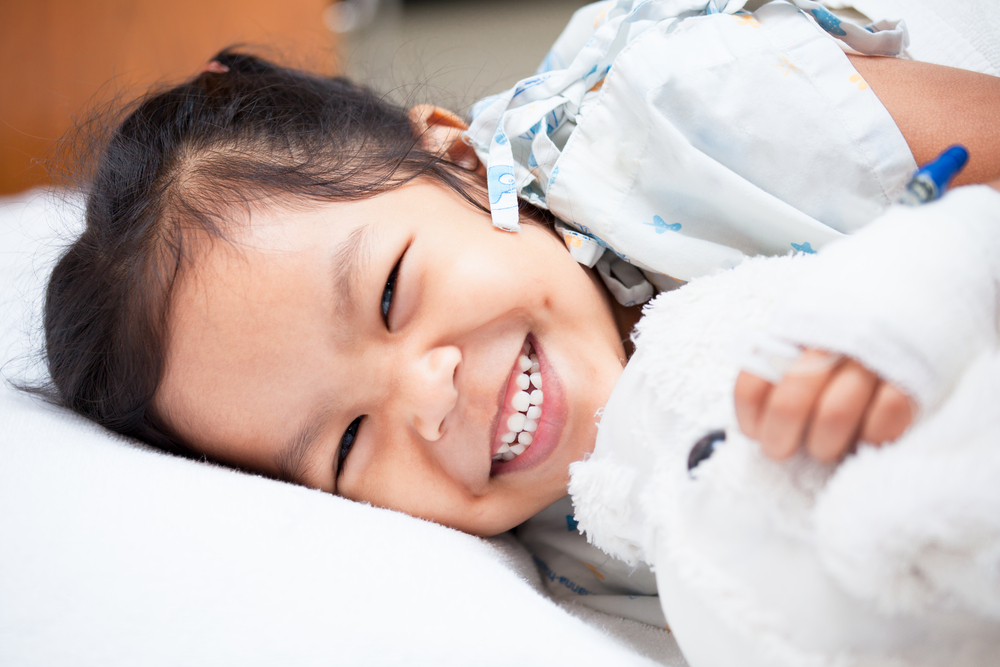Easier access to clinical trials under sweeping changes to medical research

Patients will receive easier access to clinical trials and health care priorities will secure more funding under sweeping changes to medical research in Australia.
Federal Health Minister Mark Butler visited Murdoch Children’s Research Institute (MCRI) today to announce the $1.89 billion ‘Health Research for a Future Made in Australia’ package. Mr Butler was joined by MCRI Director Professor Kathryn North AC, MCRI Professor Mimi Tang, Australian Academy of Science Policy Secretary Professor Ian Chubb AC and Association of Australian Medical Research Institutes President Professor Elizabeth Harland for the announcement.

Image: MCRI Professor Andrew Steer, MCRI Professor Mimi Tang, Debbie Sevels with her daughter Chole, Federal Health Minister Mark Butler, MCRI Professor Kathryn North AC and MCRI Professor Kirsten Perrett.
The package includes:
- $1.4 billion for new research via the Medical Research Future Fund (MRFF) including a 10-Year Low Survival Cancers Mission, a 10-Year Reducing Health Inequities Mission and continuing existing streams of MRFF funding
- More research into three health priorities spanning women’s health, chronic pain and alcohol and other drug treatment
- $411 million to support 229 researchers to tackle the nation’s greatest health challenges through the National Health and Medical Research Council (NHMRC) Investigator Grant scheme
- $62 million to support 26 clinical trials from around Australia via the MRFF
- $18.8 million to progress the National One Stop Shop for clinical trials and health research, which will give Australians early access to treatments, by streamlining the clinical trial process via a single national platform and set of regulations
The Federal Government will also develop a National Health and Medical Research Strategy to build on the system’s strengths and fill any gaps, while attracting researchers and investors.
The recipients of the NHMRC 2024 Investigator Grants were revealed during the announcement. Five MCRI researchers were successful in the latest round.
- $2.9 million to Professor Melissa Wake to find new solutions to prevent and manage childhood health problems as part of the GenV initiative
- $1.4 million to Associate Professor Amanda Gwee to discover new treatments for serious and high burden infections in children
- $1.4 million to Associate Professor Valerie Sung to improve prevention, diagnosis and management of childhood hearing loss
- $674,400 to Dr John Hart for a vaccine trial against pneumococcal disease and other major infectious diseases among children in high-risk populations
- $589,520 to Dr Elliott Long to reduce the death rate among children from sepsis through early detection and precision-based therapy
Mr Butler said the Government was investing in a once in a generation transformation of health and medical research.

Image: Federal Health Minister Mark Butler detailing the new health package.
“Australia’s health and medical research sector punches well above its weight,” he said. We are ranked 7th in the world and the new national strategy will help our researchers continue to outperform."
“Better alignment and coordination of the MRFF and NHMRC funds will achieve the best of both and strengthen Australia’s world-leading research capability to change and improve the health and lives of Australians."
“The National One Stop Shop will remove needless red tape and help end the postcode lottery in access to clinical trials, to make it easier for Australian researchers and patients to conduct and take part in potentially lifechanging health research.”
During the visit, Mr Butler was also given a tour of MCRI’s Flow Cytometry and Imaging Facility to see up close how patient immune cells change before and after oral immunotherapy to treat their food allergy.

Image: Federal Health Minister Mark Butler with MCRI Director Professor Kathryn North AC during the lab tour.
Professor Tang said Government funding for clinical trials helped to accelerate medical research and fast track its real-world impact.
Professor Tang is also Chief Investigator for the Centre for Food Allergy Research and a member of the National Allergy Centre of Excellence Food Allergy Advisory Group.
“There is an urgent, unmet need to find a remission treatment for peanut allergy,” she said. Currently, the only approved peanut allergy treatment offers temporary protection. Patients must stay on daily maintenance dosing indefinitely while also continuing to strictly avoid peanut, which brings added burden for children and families.

Image: MCRI Professor Mimi Tang speaking about two of her peanut allergy trials.
“With the help of government funding, we are moving one step closer to bringing our novel treatment to patients, offering lasting protection and improved quality of life. Funding has also supported a health economic evaluation of our new treatment to inform policy and health funding decisions for clinical care.”
Debbie Sevels, daughter Chloe, was diagnosed with a peanut and egg allergy at 10 months.

Image: Debbie Sevels with her daughter Chloe who is now in remission from her food allergies.
“Chloe had a severe allergic reaction as a baby to a tiny amount of nut spread,” she said. Her lower lip swelled up and her voice became hoarse."
“We rushed her to hospital where we were told she had suffered an anaphylaxis reaction. She was later diagnosed with food allergies to peanut and egg."
“We were devastated to receive this news and worried about what the future may hold for Chloe. As a family we would always have to be cautious with Chloe around food and while travelling, because any exposure could be potentially fatal.”
However, from age two, Chloe took part in two randomised controlled clinical trials at MCRI. After undergoing oral immunotherapy to treat her peanut allergy and later her egg allergy, Chloe is in remission and can eat both freely in her diet.
“Knowing she can now tolerate both peanut and egg is a huge relief and takes away the anxiety,” Debbie said. We were so lucky to be involved with these clinical trials and to have a great result at the end. Chloe eats peanut a few times a week and loves chocolate covered peanuts.”




